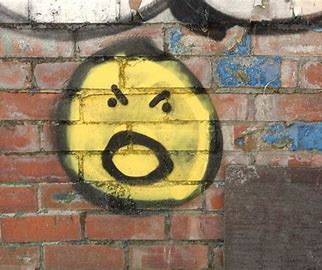I was listening to podcast yesterday with Dr Becky Kennedy,
the author of Good Inside, and she said this “Anger is a sign that we have
preserved access to our self-worth.” When
we have a high level of self-worth and we do not have access to the things we
need we feel angry. She talked about
having a “healthy entitlement” to what you want and need which is intimately
connected to feeling worthy.
Psychologists often consider anger to be a secondary
emotion. Anger is often what we see
when people are feeling any number of other emotions – shame,
humiliation, grief. Anger is often easier
to express than shame or humiliation. It
is often easier to say “I’m so livid about what happen” than “I feel really ashamed
about what happened”. Brene Brown in her
beautiful book Atlas of the Heart suggests that as many as 20 of the 87
emotions she identifies in the book are likely to present as anger.
How we manage our emotions is influenced by our
upbringing. In many households there is
very little permission to express anger.
We often hear phrases like “we don’t do anger in this house” or “come
back when you are less angry.” When we repeatedly hear these phrases, we
internalise the message that anger is bad.
When we think that something is bad, we intuitively want to hide it or get
rid of it. But anger provides us with
important information about what is going on in our lives.
·
It
often shows up when something is getting in the way of what is important to us.
·
It often shows up when we experience or observe an injustice. This is important
because the anger we feel energises us to do something about it.
·
Sometimes
anger shows up because we are acting in ways that do not align with who we want
to be.
· Every time anger shows up, we have a valuable opportunity to learn. When we pause and check out where it is coming from we can uncover important information about ourselves and the situation we are in.
Susan David, who writes extensively on emotions, suggests
that we should investigate our anger with curiosity.
·
Where
does this anger come from?
·
What
is it trying to tell me?
·
What
can I learn from it?
·
What
values is it pointing to?
·
What
small step can I take to serve those values in the longer term?
Anger is part of being human.
It is not something we need to fix; it is something we need to listen
to.

Comments
Post a Comment